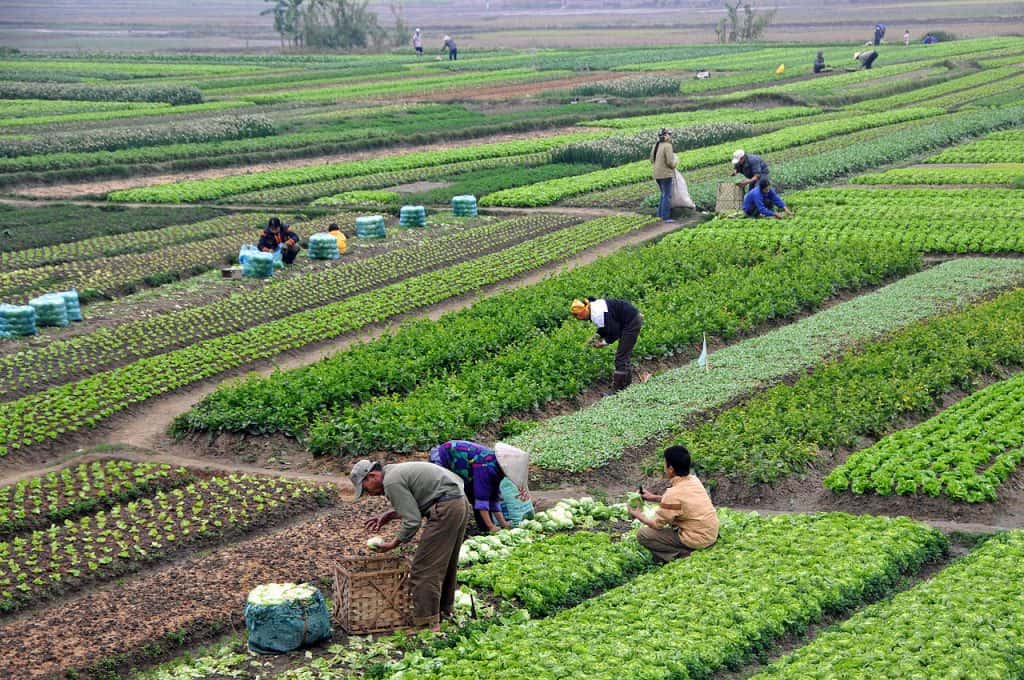MSP for 6 Rabi crops was increased recently by the government by a range of Rs 50- 350. The announcement came after widespread protests against the recent agricultural bills introduced in the parliament.
Did Farmers Protest Lead to Increase in MSP?
The government instigated three agricultural bills in the parliament recently. They were, the Farmers’ Produce Trade and Commerce (Promotion and Facilitation) Bill, the Farmers (Empowerment and Protection) Agreement of Price Assurance and Farm Services Bill. Further, the government claims that this will increase the freedom for farmers to market their goods. Along with that, it will also fetch them better prices.
But many farmers took to the streets to protest as they weren’t convinced. They fear that the bill will dismantle the current system of APMCs and the minimum support price. In an attempt to stop the speculation, the government announced an increase of the MSP for six Rabi crops. The MSP for wheat, barley, mustard, black gram, masoor and sunflower has been increased. However, the action seems like an attempt to appease the protesters and reassure the farmers.

Procurement Under MSP to Continue Even After Amendment of Agriculture Bills
The farmers worry that the new bills will result in farmers not being able to sell their produce to the government. Many farmers depend on the MSP to secure their livelihood. In an optimistic note, the Minister for Agriculture Mr Narendra Singh Tomar clarified that procurement under the MSP would continue. Along with this, the trading in mandis and the e-Nam system will also continue. In addition to this, the farmers will also be shielded from the price fluctuations in the market as the sponsor will bear the impact according to the bill. In brief, the bill does not seek to replace an existing system. Instead, it looks to create an ecosystem that can co-exist with the current measures in place.
The Increase in MSP Under Modi Government
The BJP claims that the minimum support place has been consistently increasing under their governance. For instance, the government increased the MSP to 1.5 times the production cost. Further, they highlight the 113,000 crores alloment as MSP during the Rabi season. Along with that, the MSP for many crops like oilseeds and copra also increased according to them.
In conclusion, the rise in the minimum support price is good news for the farmers. But, the impact of the introduced bills along with loosening regulations and private players investments on farmers is yet to be seen.